1. Raiding your 401(k). Don’t think of retirement savings as “now” money. It’s moneyyou’ve got to save for later. “Some people use their IRAs, and wind up in bankruptcy,anyway.” Even if you end up having to use it post bankruptcy, it will go a lot further towards survival of your family after bankruptcy; when you are buying necessities with it instead of trying to keep up with an impossible pile of credit card payments and other non-essentials that will be discharged in bankruptcy.
2. Debt-wipeout scams. Be careful when talking with debt– consolidation firms. Many areshams. Be very, very cautious. For the most part, stay away. Many find themselves seriously behind in payments that were current when they first approached this “solution” to their debt loads. They make payments religiously, believing they are working their way out of overwhelming debt, only to find that all of the payments made were applied first to the fees of those they hired to help get them out of debt. The wakeup call comes when one or more of their creditors sues for non–payment.
3. Ignoring the card balance. Although credit card usage dipped more than 13% inFebruary, almost 15% of American families still owe more than 40% of their income, accordingto the Federal Reserve… “Ask yourself a question, ‘Do I really need that?’, or more important, ‘Can I afford it?’” In these days of lenders looking for any excuse to raise rates and add fees toyour balance, credit cards should be limited to convenience useonly. If you can’t pay for thecharge at the end of the month in addition to the regular payment, don’t incur the charge. Ifyou are already overwhelmed, see a bankruptcy attorney A.S.A.P. You and your family will beglad you did.
4. Walking out on a mortgage. If you owemore than your house is worth, walking away is not your only option, but it may be your best one.The first step is to look honestly at your financesand determine whether you face a short–term or along– term problem. If it’s long term, then youcan’t afford your home anymore. The faster yourecognize it and make plans to let it go, the better it will be. Lenders have shown they are little interested in modifying loan payments nor arethey reducing the amount owed in spite of all the so called consumer assistance plans that weresupposed to help homeowners. None the less, ifyou just “walk away,” you will find yourself facingmore than just a suit for foreclosure. You need aplan to get your name off the title. All kinds of negative things happen without this crucialelement taking place. A good bankruptcy attorney will help you decide the best ways to deal with this issue; some of which are the only way to keep your home and reduce the amount owed.
5. Co–signing a loan. If a friend or relative asks you to co–sign a loan, it means his credit is so shaky no lender will give him money on his own merits. Why should you? C–signing is a business transaction, but people don‘t think of it as a business transaction. They think, “I‘m helping my friend out.” Lenders have no such illusions, nor do those who make these kinds of loans concern themselves with the destructive impact they may have on perfectly productivelives; family or business relationships don‘t matter in this element. They will tell you that are just protecting their interest in that to which they are entitled. Yet when junior lost the job he was counting on to make that car payment, the lender had no problem dispossessing an unsuspecting mom from her home to make up for the $3,500deficiency on the car that the lender knew the son couldn‘t pay for. Why did the mom risk her home anyway? Because the nice man down at the loan office assured her it would never cometo that! The best way to help a friend or a loved one where they need money or help with aloan is to GIVE it to them if you can afford it; or make sure the loan payment is enough toafford to pay yourself in addition to all your other bills. Otherwise, let the lender take risks withHIS OWN money instead of yours. THE BEST ADVICE IS DON‘T!
6. Payday Loans. The Center For Responsible Lending reports that about 19 million Americans have resorted to these high–interest loans, although the number has dropped in thepast year. They are marketed as short term cash advances to meet emergency expenses between paychecks. However, consumers often become trapped in repeat borrowing, accordingto the Consumer Federation of America. For the average two week payday loan, the annualized interest rate can range to as much as 391% to 521%, As outlandish as this seems, people turn to new resources for lack of other alternatives. If people knew the reality of how much theseloans really cost and how they serve to keep the impoverished, they would RUN to bankruptcycourt to relieve themselves of the debt load these loans end up servicing. In a word, the best way to use these loans is DON‘T! SEE A BANKRUPTCY ATTORNEY INSTEAD.
7. Reverse Mortgages. Older actors pop up on television marketing these mortgages as aneasy income stream for seniors who are house rich and cash poor. But the fees and othercosts associated with reverse mortgages can sometimes be considerably higher than on otherloans. Other options: Take out a home equity loan, or sell the home and move to a smaller, less expensive one. Or sell the home to the kids and rent it back. The kids get a good investment property with preferred tenants and a tax write off to boot! Mom and Dad can havean annuity for extra income and get to stay at home. If there are debts problems, however, see a bankruptcy attorney before implementing this strategy.
8. Problems with the IRS. If you look at the small print when you sign your tax return, you will see that basically you are affirming that everything in it is accurate and true. What happens is you are audited and everything is not accurate? If it‘s a small amount, and theycan be sure it‘s intentional, then they could charge your client with fraud, and there could be penalties involved. If your client has a long standing problem, the issues can become economically impossible to resolve. For most cases, this means getting an experienced taxattorney or CPA to help. Sometimes, however, if your client is facing unfiled returns or past due tax problems, bankruptcy may provide some relief, especially if other debts have become unmanageable as well. Under certain circumstances, some taxes can even be discharged inbankruptcy. Check with a bankruptcy attorney to see if there‘s a better way to handle taxproblems other than the traditional payment plan or offer in compromise.


